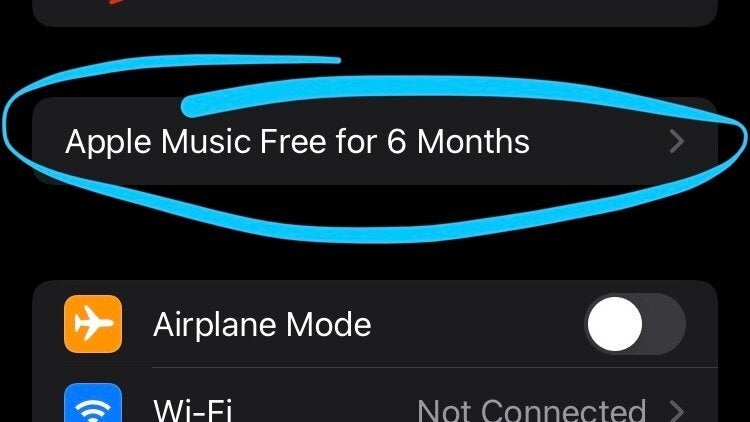Apple called out by Epic Games’ Tim Sweeney again, this time for ads on the iPhone Services page
Game maker Epic Games has had beef with Apple since last year when the Fortnite scandal was going on, and Epic’s CEO, Tim Sweeney, is continuing to call out Apple for anti-competitive behavior. He took it to Twitter this time to highlight Apple’s practice of putting ads about its own services on the Settings page of the iPhone, reports TechCrunch.
Tim Sweeney calls out Apple on another anti-competitive behavior
Currently, the lawsuit that Epic has against Apple about the Fortnite game and the infamous “Apple Tax” is in an appeal process, with Epic disliking the decision the judge made on the case back in September. The CEO of the game maker company has decided not to stop at that, though, and now, he is sharing his concerns on Twitter about Apple’s ad-placing practices.
He criticizes the ads for Apple Music, placed on the Settings page of the iPhone, and states this place isn’t available to other competing services such as Spotify or Sound Cloud. This change was also noticed by some iOS 15 users: the ads appear above the settings themselves, just below a person’s Apple ID. It seems the advertised services are personalized to the owner of the iPhone.

This means that, for example, if you don’t have an Apple Music subscription, you may see an ad for a free six-month trial with the service; while current Apple Music subscribers may see instead ads for AppleCare coverage or something else they aren’t currently subscribed to.
Sweeney’s tweet suggests that this is an anti-competitive practice of advertising your own service and not giving this ad space to other similar services to advertise their products. Third-party services can currently advertise only in the App Store.
The post is a retweet from a post by Mobile Dev Memo analyst Eric Seufert, who was sharing an image took by Glassfy co-founder Francesco Zucchetta, who apparently noticed the ad on an iPhone 8 running iOS 15. Other users report seeing ads on newer devices as well.
However, this situation is not new, as Apple has often used the iPhone’s Settings screen to display advertisements of its services to customers.
Epic’s ongoing battle with Apple
The entire thing had started last year when Epic Games started included a link to an alternative payment method to its Fortnite game on iPhones. This payment method was bypassing Apple’s App Store rules that required a 30% commission fee on every purchase made via the App Store, and by offering an alternative way to pay, Epic breached its contract with Cupertino. Apple’s reaction followed not long after that and the Fortnite game was removed from the App Store, therefore making it impossible to be downloaded on an iPhone or to get updates, if it was already installed. Epic did not comply with Apple’s conditions and that led to the entire developer account of Epic Games being blocked. Of course, then the lawsuit was filed.
Recently, judge Yvonne Gonzalez Rogers made her decision in the Epic v. Apple case in a 185-page ruling, which dubbed Epic’s actions as a breach of contract indeed and the company was ordered to pay $6 million in unpaid “Apple Tax” for the period Fortnite was bypassing the App Store’s payment system. Epic paid this sum but still went on to appeal the court’s decision.
It’s not only Epic Games that have been raising concerns about monopoly and anti-competitiveness in regards to some of the practices by tech giants, not only Apple but Google and others as well. Recently, the European Commission has started an investigation on Apple for the Apple Pay and the NFC chip on iPhones, while Google is currently facing a record 4.3-billion euro (around $3.7 billion) EU antitrust fine.
For all the latest Technology News Click Here
For the latest news and updates, follow us on Google News.
